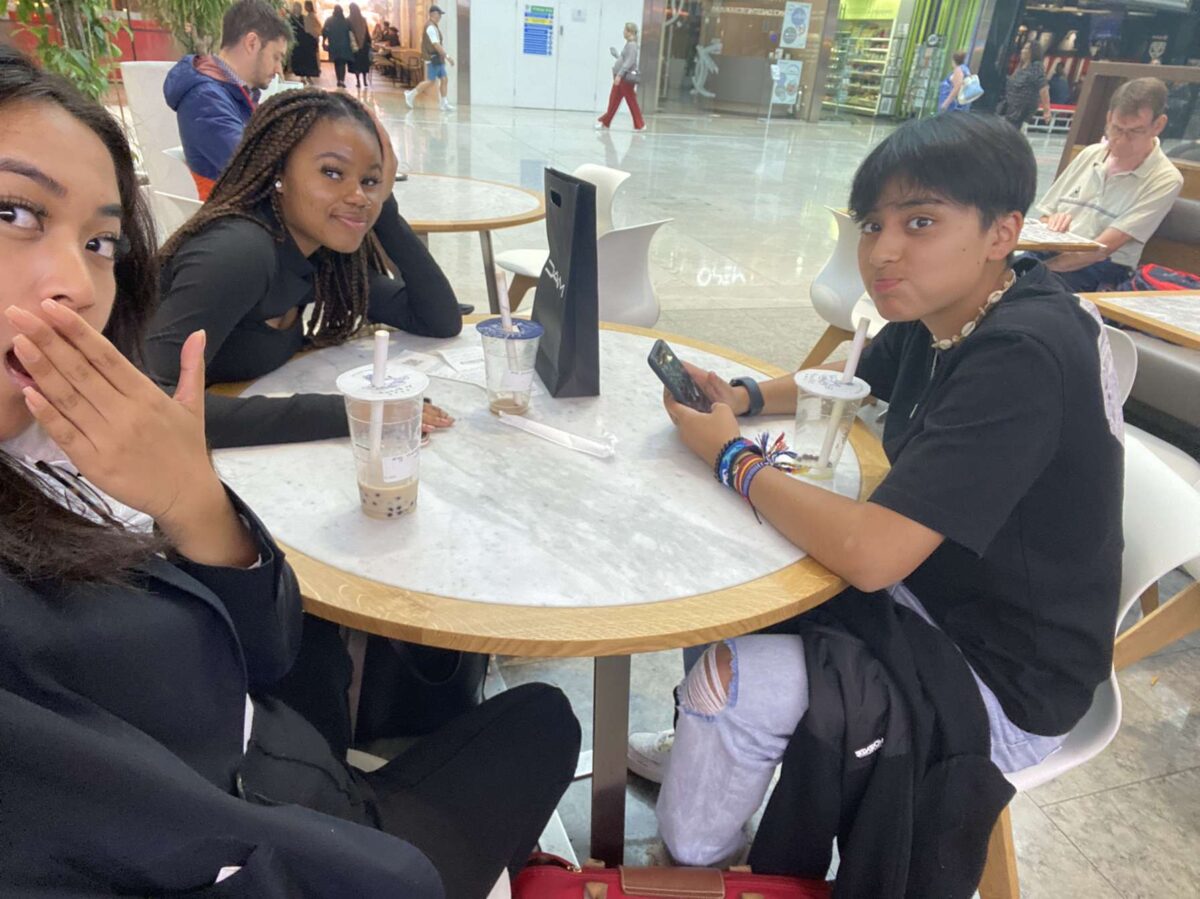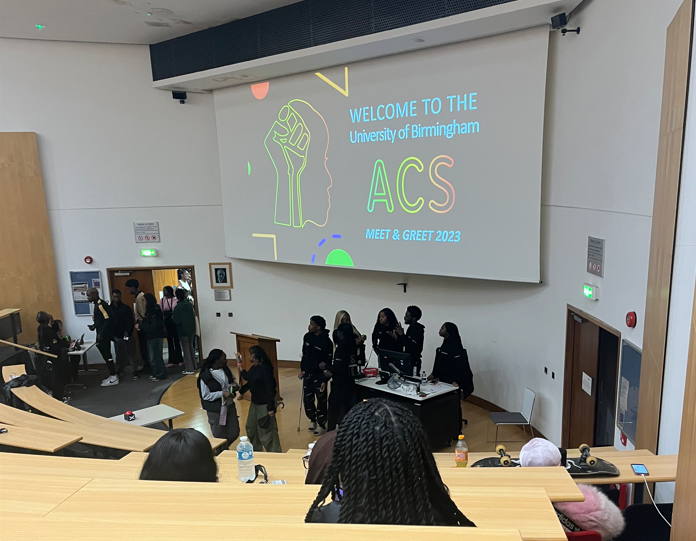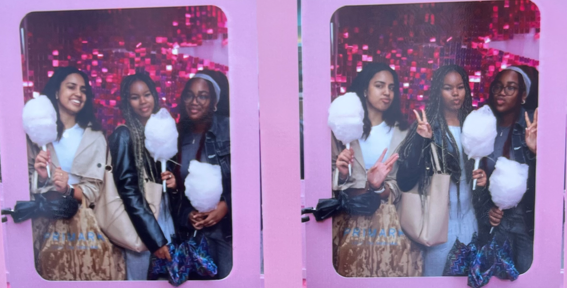Is the University of Birmingham “inclusive and diverse”? I was cosying up in bed, casually filling in a student survey, when I first really thought about this question. I paused, as I came into the realisation that I was trapped in an intersectionality cave—one where I was presented to a diverse campus, but isolated in my academic environment. A Black Philosophy Student in a predominantly white course. I let my first-year experiences replay in my mind. Most of my university friends come from the same hometown/similar cultural backgrounds to mine. And let’s not even get started on the syllabus. Nearly every philosopher we study is a white male. My identity intersects in ways that create both visibility and invisibility, making it feel like a cave I can’t fully escape. The two realities I was pulled into made it difficult to come to some sort of “yes or no” answer for the survey.
Now, disclaimer: when I’m overwhelmed, I tend to get dramatic, jump to conclusions, and act like the world’s ending. So, for reassurance, I texted Jessica, one of the few Black friends I have in Philosophy. She had experienced microaggressions down at the Vale. Stories include her flatmate’s friends coming over drunk, obnoxiously telling her to take off her bonnet around them so they could see her real hair. Another was when her flatmate’s parents came over and asked all her white flatmates about their subjects, but chose to ask her different questions, ones relating to her ethnicity and hair. Above the surface, it could come across as curiosity. But two drunk white boys laughing while they are asking her to take off her bonnet, and her flatmate’s parents asking her completely different questions compared to her other flatmates, made her feel isolated.
“Do you think the people in our course are racist?” I asked her, knowing it was a loaded question. “I never really notice anything,” she replied. “Never really cared. But I do stick with the Black people in our course. It’s just what I’m comfortable with.” Jessica’s no-nonsense answer made me realise something. I found myself gravitating towards the other students of colour in my course, not out of exclusion but in a desperate need to feel comfortable.


